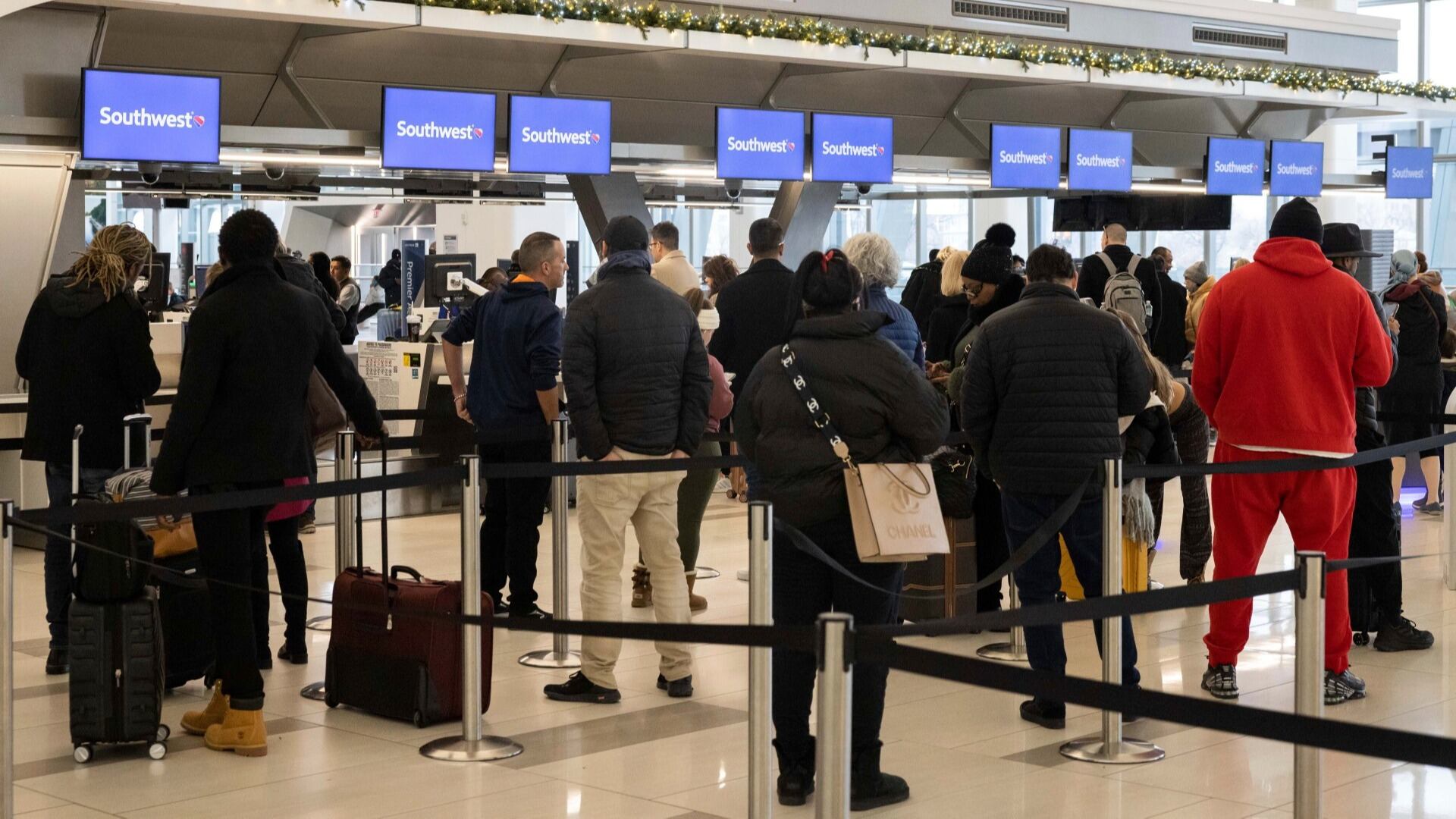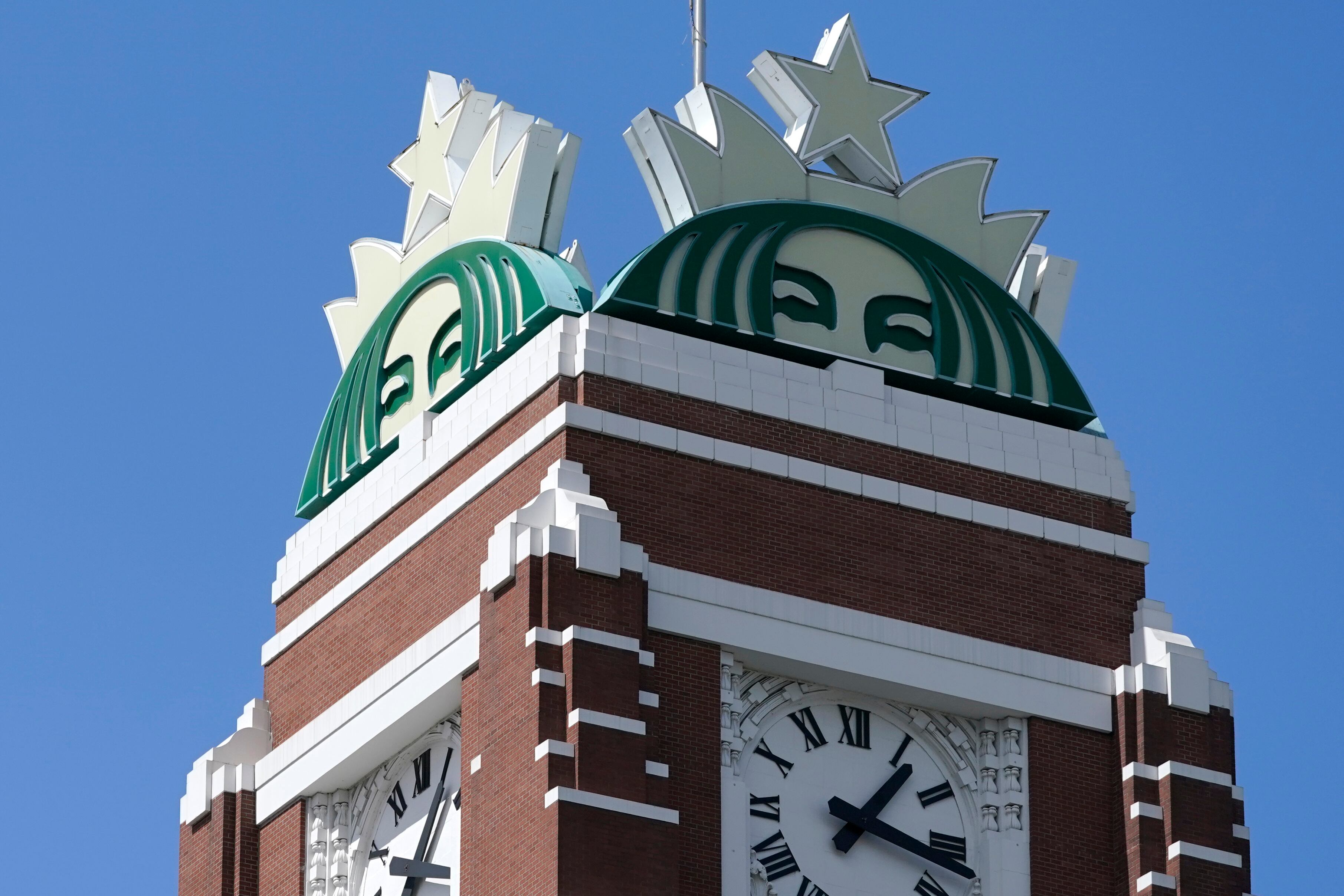By David Koenig
President Joe Biden said Monday his administration will write new regulations that will require airlines to compensate air travelers and cover their meals and hotel rooms if they are stranded for reasons within the airline's control.
The compensation would be in addition to ticket refunds when the airline is at fault for a flight being canceled or significantly delayed. It would give consumers in the United States protections similar to those in the European Union.
“I know how frustrated many of you are with the service you get from your U.S. airlines,” especially after airlines received taxpayer relief to get through the pandemic, Biden said. “You deserve more than just getting the price of your ticket (refunded) — you deserve to be fully compensated. Your time matters, the impact on your life matters."
Biden’s pledge comes just weeks before the start of the peak summer travel season, when air travel could exceed pre-coronavirus pandemic records.
Officials at the Transportation Department, which will write the new rules, said they didn't ahve a precise date for when they expect to finish, but indicated they are working to quickly publish a notice that is required to get the process started.
As outlined at the White House by Biden and Transportation Secretary Pete Buttigieg, the rules would focus on cancellations and long delays caused by things such as mechanical issues with the plane or lack of a crew.
Airlines for America, which represents the biggest carriers, said in a statement that airlines have no incentive to delay or cancel flights. The trade group said more than half of cancellations in 2022 and 2023 have been caused by “extreme weather” or air traffic control outages.
“Carriers have taken responsibility for challenges within their control and continue working diligently to improve operational reliability,” including hiring more workers and reducing their schedules, the group said.
After the pandemic hit, airlines received $54 billion in federal aid that included a prohibition on layoffs, but that didn't prevent the airlines from paying tens of thousands of workers to quit or retire early.
Airlines have added about 118,000 workers since November 2020 and now have 5% more employees than before the pandemic, according to Transportation Department figures.
The rate of canceled flights has declined to 1.6% so far this year, compared with 2.1% in the same period last year. However, delays are slightly more common and a few minutes longer on average, according to data from tracking service FlightAware.
Currently, when an airline cancels a flight for any reason, consumers can demand a refund of the unused part of their ticket and certain extras that they might have paid to the airline, such as fees for checking a bag or getting a seat assignment. Airlines often try to persuade consumers to accept a travel voucher instead of a refund.
After widespread flight disruptions last summer, the Transportation Department posted an online dashboard to let consumers compare airline policies on refunds and compensation.
The Transportation Department is expanding the site to indicate when airlines offer cash, travel vouchers or frequent-flyer miles as compensation for flight disruptions.
None of the major U.S. airlines offer cash for cancellations or long delays, only Alaska Airlines offers frequent-flyer miles, and only Alaska and JetBlue provide travel credits, according to the dashboard.
Biden and Buttigieg credited the dashboard with pushing the 10 largest U.S. airlines to promise to provide cash or vouchers for meals when a cancellation forces passengers to wait at least three hours for another flight. Nine of the 10 — all but Frontier Airlines — also promise to pay for accommodations for passengers stranded overnight.
Questions arose again around reimbursing consumers for out-of-pocket costs after Southwest Airlines canceled nearly 17,000 flights during a December meltdown in service. The Transportation and Justice departments are investigating whether Southwest scheduled more flights than it realistically could handle.
A report last month from the congressional Government Accountability Office blamed airlines for a surge in cancellations as air travel began to recover in 2021 and early 2022. The Federal Aviation Administration has also created disruptions due to technology outages and staffing shortages. The FAA recently encouraged airlines to reduce flights to and from major New York airports this summer because it doesn't have enough air traffic controllers at a key facility.
___
Aamer Madhani in Washington contributed to this report.
UPDATES: the summary and text to add comments by the president.













